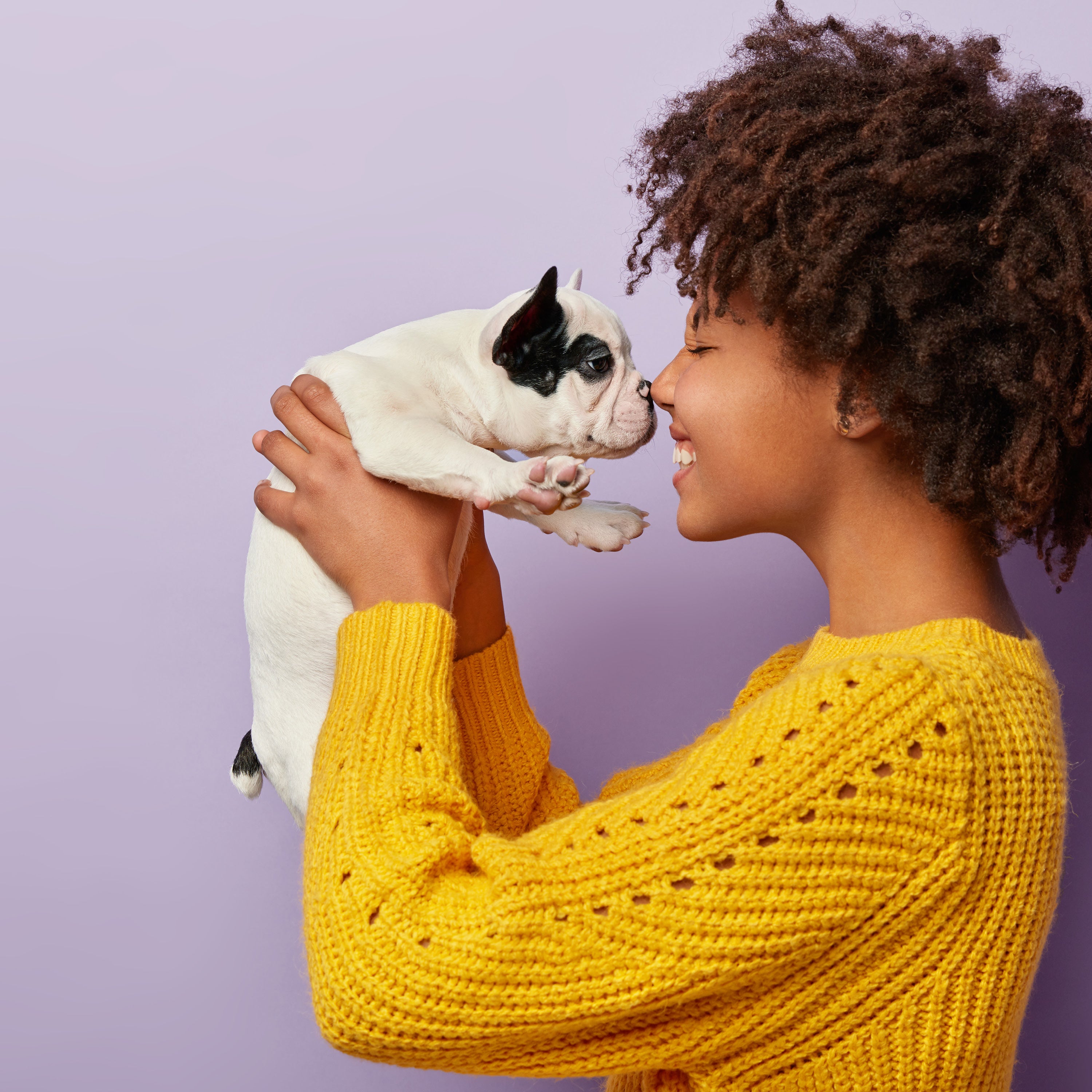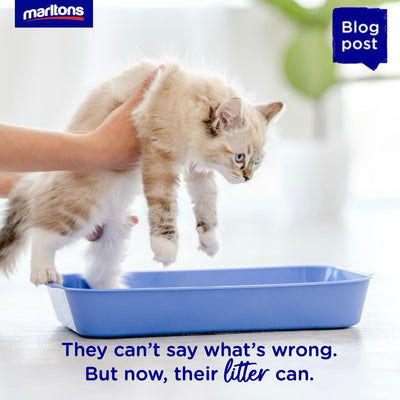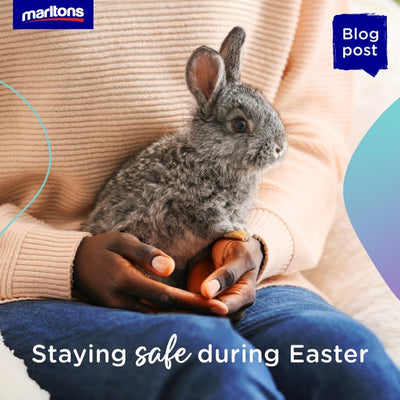The pandemic has reinforced the reality that more millennials are choosing to raise pets rather than children. Gavin Miller, Managing Director at Marltons, shares insights into how a misunderstood generation is reimagining traditional parenthood and the reasoning behind it.
The petcare industry has seen an explosion of growth over the last few years. In the USA alone, consumers spent around $99billion during 2020, and it’s predicted that the global petcare market will reach $358.62 billion by 2027. These numbers are surprisingly high, but what is even more surprising is that almost a third (31%) of this market spend is attributed to millennials.
Probably one of the most misunderstood generations, millennials – those born between 1980 and 1995 – are often touted as the ‘selfie stick generation’ built on entitlement and selfishness. But it’s important to keep in mind that the majority of millennials have lived through two economic crises. This has had a significant impact on how they plan for a future with some semblance of control and what they consider to be meaningful spending.
Many studies show that millennials are getting married, buying homes and having children much later than previous generations. Instead of starting families, many choose to rather adopt pets, which they treat like children.
For millennials, the future is all about choices on their terms, and luckily for pets, they seem to be much higher on the priority list than progeny.
So, what does non-traditional parenthood of a fur kid look like for this generation?
Gone are the days when pets were banished to the dog-house. Millennials make no distinction between pets and family, and are willing to spend more on their four-legged friends than ever before. This applies to diet, grooming, training, doggy day care, pet insurance, and daily ‘just for fun’ products – everything from clothes, toy and accessories to drawings or paintings of their cats and dogs.
Not convinced? Take a scroll through social media. Conservative reports suggest that social media users post about their pets a minimum of six times a week and that one in ten has a social media account exclusively for their beloved fur friend. All of this attention from the pup-arazzi proves that pets are like children and they’re getting dressed to the nines with millennials not afraid to pay for pet clothing and accessories.
Millenials are also willing to spend their hard earned money on keeping their fur kids fed. Increasingly, they are on the lookout for products that are organic, ethically-sourced, sustainable and specifically formulated for a range of ages and ailments. The old adage of ‘they look so good because they eat so good’ has never rung truer as 68% of millennials will scrutinise nutrition labels before purchasing – and they’re not afraid to purchase premium products.
For the generation that likes to push the boundaries of tradition, pets fit seamlessly into their different lifestyles. While it’s true that any type of pet needs love and attention, millennials enjoy the freedom of being able to choose the level of care they’re willing, or able, to invest. Unlike with children there is no need for a babysitter on date nights, spur of the moment plans can be made, and work hours aren’t necessarily dictated by school bells and aftercare. But don’t assume that just because they choose to care for pets rather than children that they pay any less. Millennials happily spend their money on doggy day care, pet sitters and dog walkers to keep their fur babies entertained.
And perhaps one of the most compelling reasons why millennials are choosing pets is to help soothe the psychic wounds of modern-day living. The pandemic has resulted in social upheaval, reimagined lifestyle scenarios, health concerns, economic fears and mental wellbeing challenges. Bringing a child into an uncertain world, which was already low on the list for many millennials before Covid-19, may now seem completely overwhelming. A pet's loyalty is unwavering and their love unconditional. Pets may help to fill a void as nurturing a living creature still fulfils a basic human need, whereas the commitment of raising a child is simply too much to fathom.
We may not always understand the ways of a generation that has dominated headlines for more than four decades. Who would have predicted that cats would become the most clicked topic on the web? What we can appreciate though is the incredible power of the animal-human bond and the impact it has on the way people choose to interact with a changing world.







